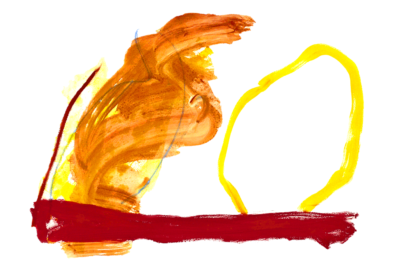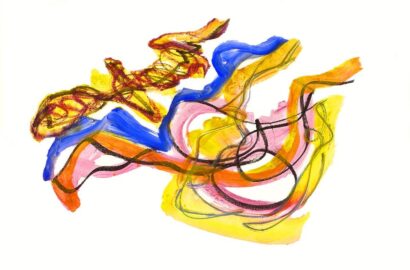Decades pass; at first they are intensely noticed and anticipated, then dreaded, then ignored, and finally they go by without that former intensity. Body parts like the soles of shoes wear out and few of them are replaceable. Friends die as do cultural heroes. Here is an example.
Recently a recording of Lou Reed was released: Words and Music, May 1965. It transported me back over fifty years to a naive, struggling state of being, a state of reaching for what we might become. For some minutes I felt, as people my age sometimes say, young again. 1965 Reed uses folk, blues, roots, and rock and roll, pulling strands together, knowing he has not arrived but also knowing he is on the way. The Velvet Underground and one of my favorite albums, New York, lurk in the future when I listen to this young man, young when I was young. But listening to music of one’s youth is not a proper old man job.
So here at the end game, the matter at hand is what to do. Having a university position I could have stumbled along at a nice salary but that seemed hollow and dishonest, fooling myself that I could contribute as I once had. Some people, more endowed than I or less able to face the truth, remain in place.
I received a copy of Tabula Rasa by John McPhee. It is a collection of brief pieces about projects that he did not complete. The second chapter, “Thornton Wilder at the Century,” describes an encounter with Wilder when McPhee was about thirty. Understandably awed by the author of Our Town and The Bridge of San Luis Rey, he was taken to lunch with Wilder in New York by an editor who said the novelist and playwright was “writing something.” Wilder elaborated that he was cataloging the plays of Lope de Vega, of which 431 survive. McPhee asked in response: “Why would anyone do that?” He goes on to describe a very irritated Wilder, who answers, “Young man, do not ever question the purpose of scholarship.”
McPhee writes that now, fifty years after the incident, he finally knows the point of the project. It was an occupation that filled time and attention and could go on forever. He properly calls this an old person project, and Tabula Rasa is his own version of such a work. His third chapter describes Mark Twain’s old man project, an autobiography that was intended as a hodgepodge of the ideas jumping serendipitously through his head.
Because I had previously encountered a different version of the Wilder story, set in a hotel in a small town in Arizona, I thought when I read McPhee’s account that I had recalled it incorrectly. Eventually I realized there were two different, if overlapping, tellings, the second by Paul Theroux. Like McPhee, he said to Wilder, “But that’s not important,” incurring his ire. For Theroux, it also took many years to get the point. I like it that in both accounts Wilder is pissed off and I wonder how many times he had to go through that.
In my undergraduate literature classes, I read Our Town and thought it was okay, not extraordinary. What’s the big deal? I wondered. Then, a few years ago, I saw a production in West Los Angeles and it was stunning. My younger self had entirely misjudged the play. The production ended with bacon frying on a stove; first the crackling sound of it and then the odor filled the auditorium. It brought Wilder’s script to life.
Old man projects, old person projects, come when one cannot continue in an occupation at a satisfactory level. That occupation can involve setting chockers in the logging woods, driving moving trucks across the country, composing symphonies, or proving theorems in a mathematics department. As happened with Wilder or McPhee or Twain, the old person job can grow out of the eddies of the lifetime work. It can also be completely different. On our family ranch, my grandfather, finally, was no longer able to stoop over and tie wool. There was no television and the radio signal was so weak it was not worth having a receiver. I played cards with him and listened to his stories, and we spent one winter on his back porch while he watched me dismantle, derust, and struggle to repair an old Edison player. I now know what he was doing, watching, encouraging, never criticizing, just being there with me. I loved the man but he had nowhere to go and he went there with grace and dignity. Most of us could not bring that off.
As for me, I still appreciate and follow mathematics, computer science, and genome biology, but I no longer contribute. I wrote a memoir about my childhood on the ranch, which included as much of that life as I could recall. Before I saw McPhee’s book, I had an idea for a collection of short chapters titled Postcards from a Mathematician. I have a long list of topics, not all kind or polite. In P.G. Wodehouse’s novel Heavy Weather, the Hon. Galahad Threepwood is writing his reminiscences and people are concerned about what he might reveal. At the book’s end, things are resolved when Empress the Pig eats the manuscript.
Except that Mr. Galahad plans to write it again. “A book like this is never finished. I could go on adding to it for the rest of my life.”


